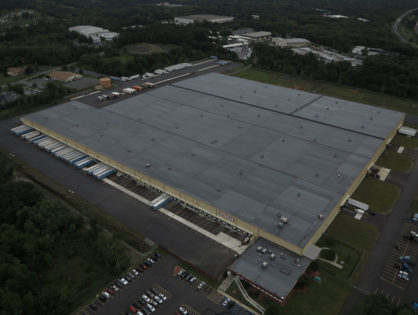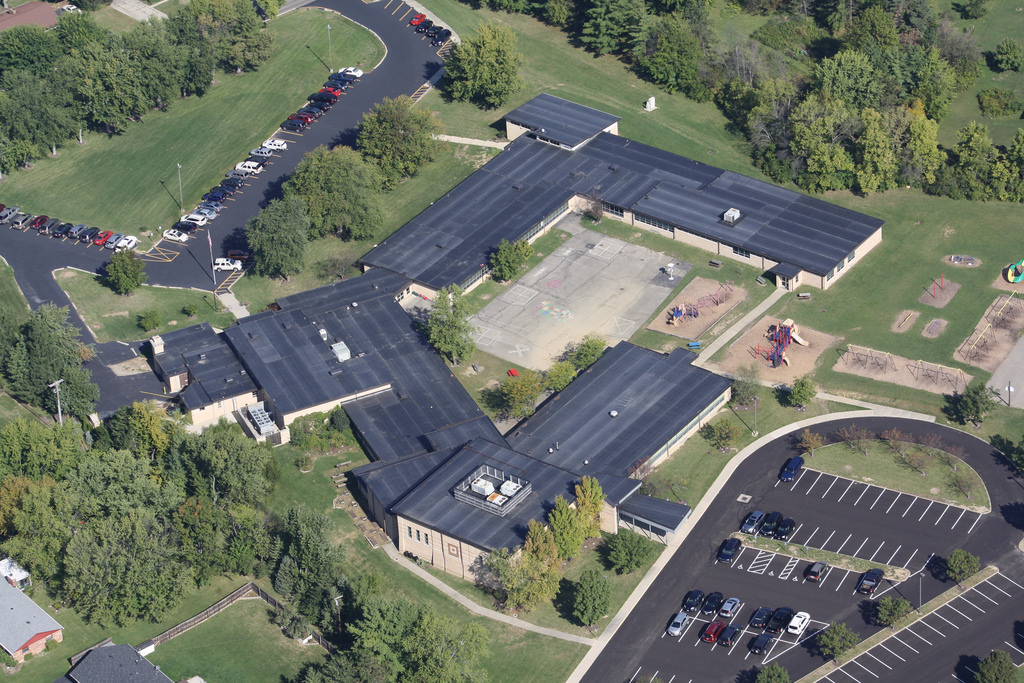Single-Ply Roofing
What is Single-Ply Roofing?
The class of commercial roofing membranes commonly described as “single-ply†are flexible sheets of compounded synthetic materials that are manufactured in a factory to strict quality control requirements.
Single ply roof systems provide strength, flexibility, and long-lasting durability. The inherent advantages of pre-fabricated sheets are the consistency of the quality of the products that are manufactured, the versatility in their attachment methods, and therefore, their broader applicability.
What products are considered Single-Ply Roofing?
There are three major categories of single ply membranes: thermosets, thermoplastics, and modified bitumens.
Thermoset membranes are compounded from rubber polymers. The most commonly used polymer is EPDM (often referred to as “rubber roofingâ€). Another thermoset material is neoprene, although this particular formulation is no longer widely used for roofing. Thermoset membranes are successful for use as roofing materials because of their proven ability to withstand the potentially damaging effects of sunlight and most common chemicals generally found on roofs.
Thermoplastic membranes are based on plastic polymers. The two most common thermoplastic membranes are PVC (polyvinyl chloride) and TPO (thermoplastic polyolefin) which are made flexible through the inclusion of certain ingredients called plasticizers. A number of different products in this category are available, each having its own unique formula.
Modified bitumen membranes are interesting hybrids that incorporate the high tech formulation and prefabrication advantages of single-ply with some of the traditional installation techniques used in built-up roofing. These materials are factory-fabricated layers of asphalt, “modified†using a rubber or plastic ingredient for increased flexibility, and combined with a reinforcement for added strength and stability.



